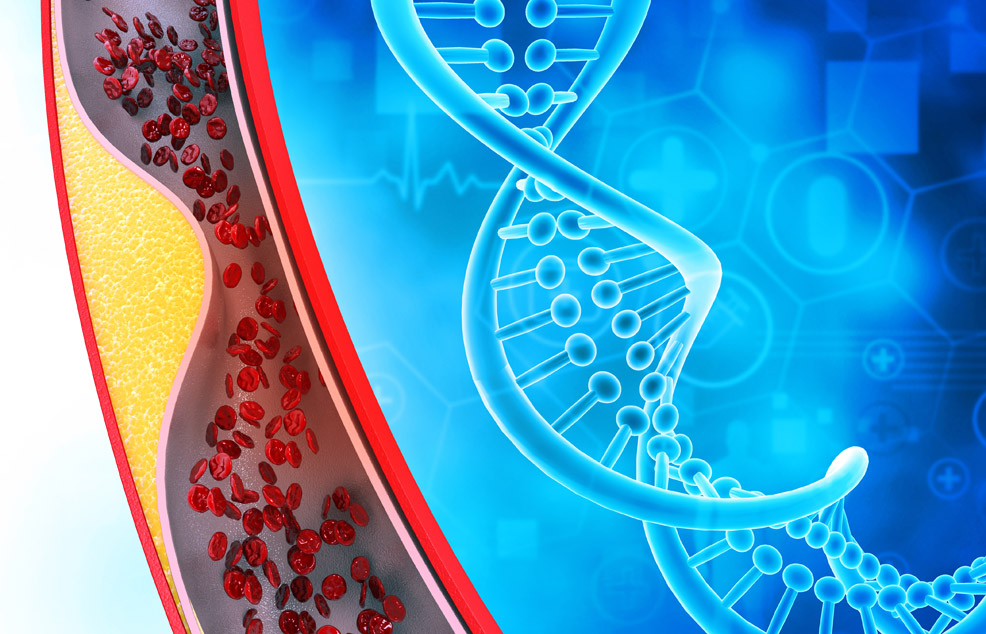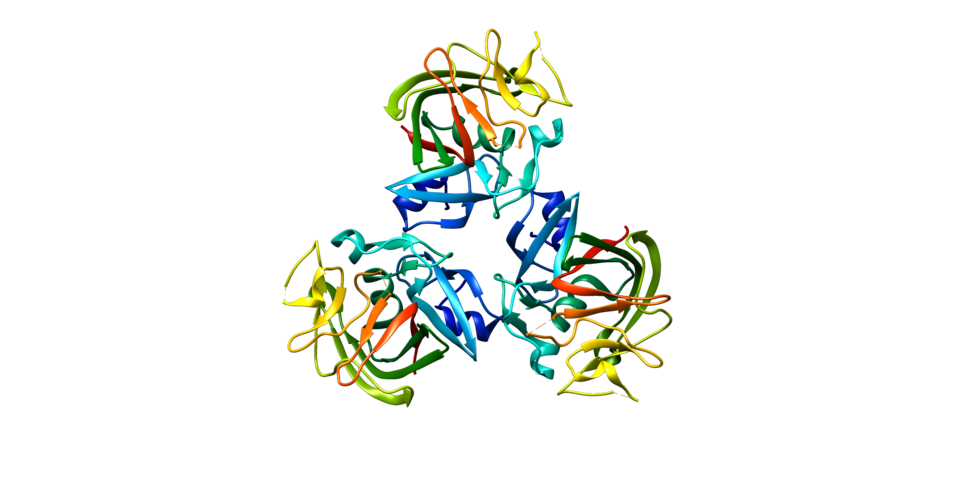
13th November 2025 Gene-editing therapy reduces cholesterol by 50% In a Phase 1, first-in-human trial, a CRISPR gene therapy targeting ANGPTL3 is found to be safe and able to reduce LDL ("bad") cholesterol by nearly 50%, while triglycerides are reduced by 55%.
Cholesterol and triglycerides are fatty substances that the body needs in small amounts, yet high levels in the blood cause serious harm. When LDL cholesterol and triglycerides stay raised for years, they drive atherosclerosis, heart attacks, and strokes. Cardiovascular disease kills millions of people each year worldwide, and over a third of adults in countries such as the United States live with high cholesterol despite widespread use of cholesterol-lowering drugs. Doctors already use a combination of medication, lifestyle changes, and newer options like PCSK9 inhibitors to bring these numbers down, yet many patients struggle with side effects or simply stop taking daily or monthly treatments over time. In recent years, researchers have begun to look for more effective and longer-lasting solutions, like gene editing. One such approach comes from a first-in-human trial of CTX310, an experimental CRISPR treatment aiming for a one-time fix. The new study, presented during the American Heart Association's Scientific Sessions conference, followed 15 adults (median age 53) with difficult-to-treat lipid disorders, each of whom received a single intravenous infusion of CTX310 at one of several dose levels. The treatment uses tiny, fat-based particles to carry the CRISPR editing mechanism into the liver, where it switches off a gene called angiopoietin-like protein 3 (ANGPTL3). Turning off this gene allows the liver to clear LDL ("bad") cholesterol and triglycerides more efficiently, mimicking the natural protection that some people inherit from birth when they carry similar gene changes.
Within two weeks, both LDL cholesterol and triglycerides began to fall, and the effects remained for at least 60 days during follow-up. The researchers had predicted a 30–40% reduction in these blood fats, which would have been considered a success. However, the results proved to be stronger than expected: CTX310 reduced LDL cholesterol by nearly 50% and triglycerides by 55% on average at the highest dose, and in some cases by as much as 60%. "This is really unprecedented. A single treatment that simultaneously lowered LDL cholesterol and triglycerides," said Luke J. Laffin, M.D., lead study author and a preventive cardiologist at the Cleveland Clinic, Ohio. "If confirmed in larger trials, this one-and-done approach could transform care for people with lifelong lipid disorders and dramatically reduce cardiovascular risk." "Many patients stop taking their cholesterol medications within the first year," said Steven Nissen, M.D., co-author of the study and Chief Academic Officer at the Cleveland Clinic Heart, Vascular and Thoracic Institute. "The possibility of a one-time treatment with lasting effects could be a major clinical advance." Side effects in this Phase 1 trial were mild, and all participants recovered without needing extra treatment. The researchers will continue to monitor this group for at least a year, with longer-term analysis over 15 years because CRISPR editing creates permanent changes in DNA. The team plans to start Phase 2 studies by early 2026, with larger and more diverse patient groups to confirm these findings. The team's study appears this month in The New England Journal of Medicine.
Comments »
If you enjoyed this article, please consider sharing it:
|
||||||








